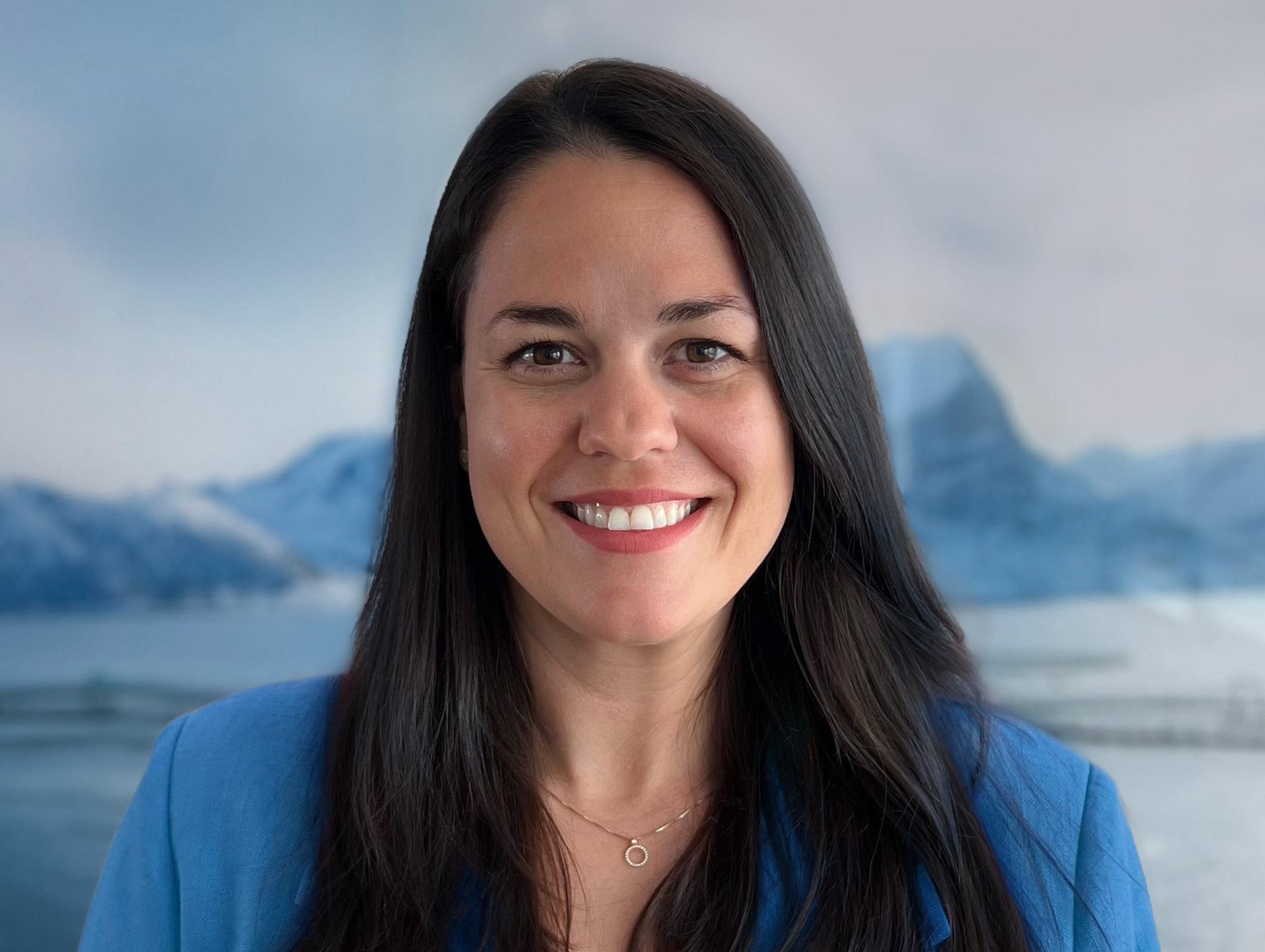For Dr. Juli-Anne Russo, aquaculture was more than a career, it was a calling sparked by a summer research project along Jamaica's Discovery Bay coast during her undergraduate studies. Her early work in seaweed cultivation and ornamental fish farming left an impression on her, sparking a passion for aquaculture that would shape her future.
After earning her Master's in animal nutrition at the University of Florida (UF), Juli-Anne returned to Jamaica to begin her career as an algae and feed technician at the first marine shrimp hatchery in the Caribbean. Later, Juli-Anne pursued a PhD in fish health and nutrition at UF, which led her to the Hubbs-Seaworld Research Institute in San Diego. There, she conducted vital research on improving the nutritional value of marine fish broodstock to help restock overfished Pacific Ocean waters.
As the founder and CEO of the Caribbean Aquaculture Education and Innovation Hub, Juli-Anne is vital in driving growth and innovation in the Caribbean's aquaculture sector. The hub serves as an umbrella organisation for Women in Caribbean Aquaculture (WiCA), the Caribbean Aquaculture Network, and Youth in Caribbean Aquaculture, where she advocates for technical skills and development training to empower women and youth in the region.
Juli-Anne has recently been elected as the incoming Director for the Latin American and Caribbean chapter of the World Aquaculture Society—a historic first for Jamaica, the Caribbean, and the entire LAC chapter. Her election marks a significant achievement, highlighting her influence and leadership in the global aquaculture community.
At LAQUA, Juli-Anne will present her abstract titled “The Role of Women in Caribbean Aquaculture, Caribbean Aquaculture in the Blue Economy.” Her presentation will highlight the crucial contributions of women in the sector and the importance of aquaculture within the broader blue economy, emphasising inclusive growth and sustainable practices in the Caribbean.
Juli-Anne’s dedication to the field extends beyond her professional work. She seeks to empower local communities and enhance food security in the Caribbean through her initiatives. She is particularly passionate about providing training and resources to women and youth in aquaculture, believing that inclusive growth is essential for the industry's future.








?w=1920&%24withDefaultImage%24=&fmt=auto)



